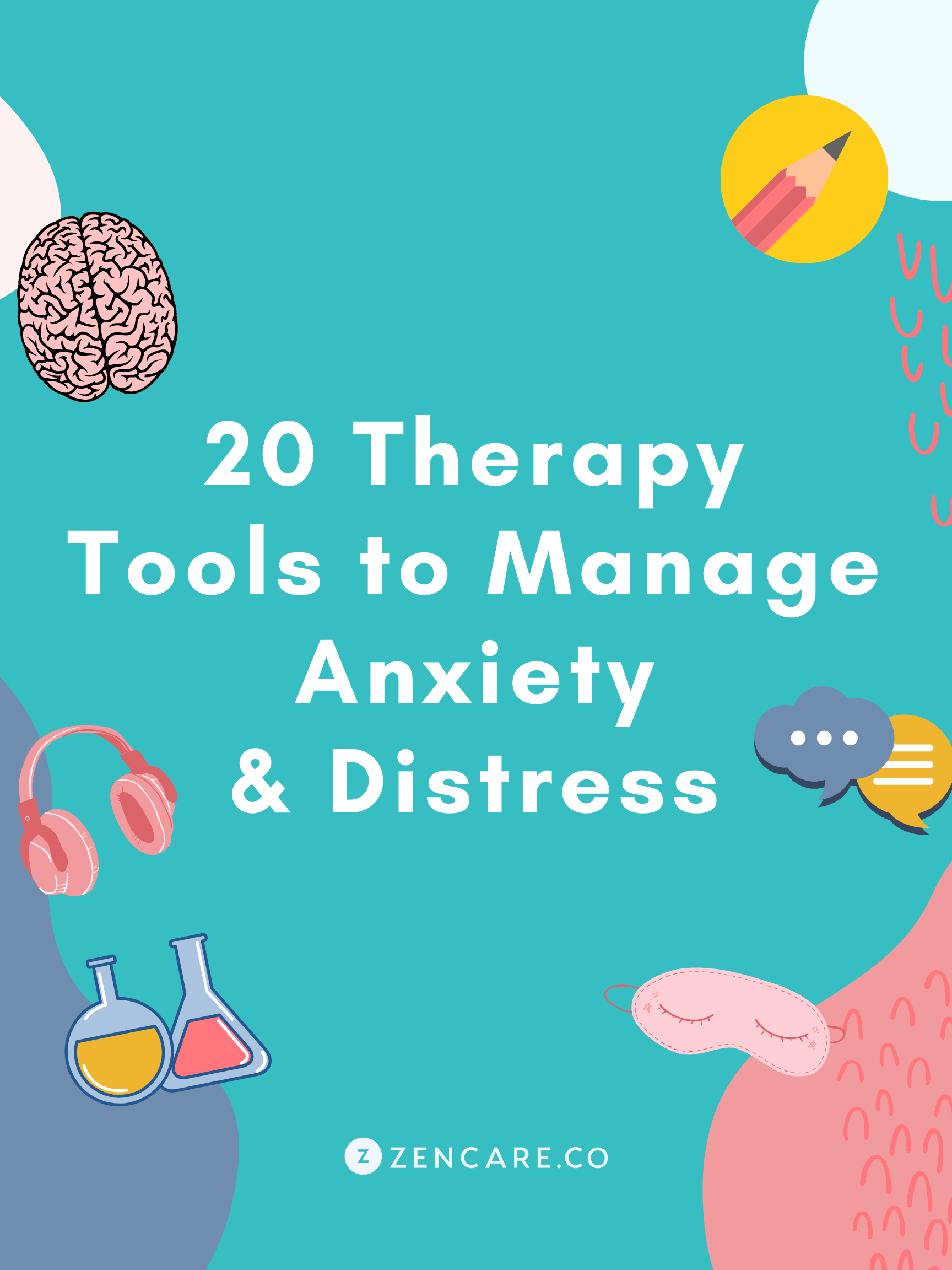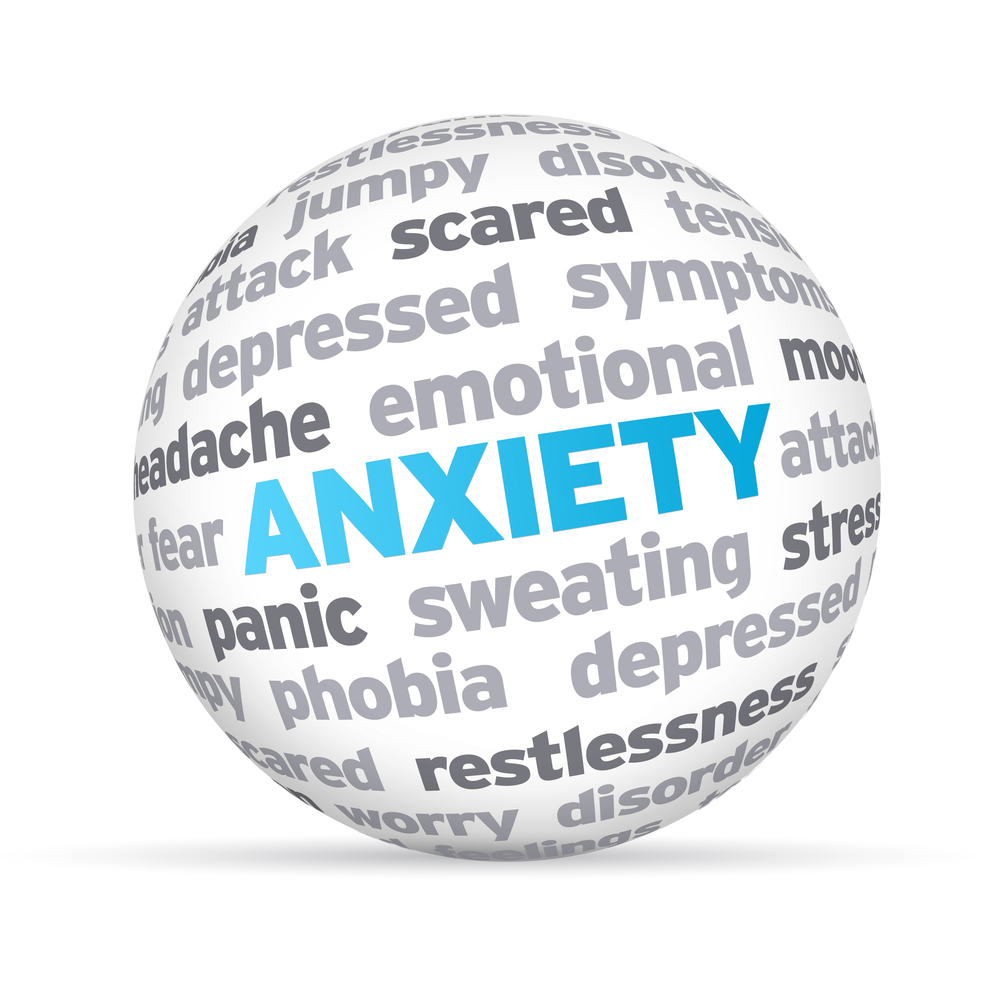Start your path with counselling for anxiety disorder led by professionals
Start your path with counselling for anxiety disorder led by professionals
Blog Article
Effective Methods in Therapy for Anxiety Disorder: A Course to Recovery
When dealing with stress and anxiety disorders, you may really feel unsure and overloaded of where to turn. Effective therapy techniques can lead the way for healing, offering you with the devices to navigate your difficulties. From cognitive-behavioral techniques to mindfulness methods, each method uses special advantages. Recognizing how these methods collaborate can make a considerable distinction in your journey. What are the vital parts that will direct you in the direction of lasting modification?
Comprehending Anxiety Disorders: A Comprehensive Summary
When you assume about stress and anxiety problems, it's essential to identify that they incorporate a variety of problems defined by extreme fear or worry. These problems can manifest in numerous ways, consisting of generalized anxiety condition, panic attack, and social anxiousness condition. You might experience signs and symptoms like fast heartbeat, sweating, or trouble concentrating. It prevails to feel overwhelmed, and these sensations can interfere with everyday life.Understanding the origin creates of anxiousness is crucial. They can stem from genes, brain chemistry, or ecological factors. You might discover that certain scenarios trigger your stress and anxiety, making it vital to determine these triggers.
Cognitive Behavior Treatment (CBT): Reshaping Idea Patterns

Mindfulness and Leisure Techniques: Growing Present-Moment Recognition
Mindfulness and leisure methods aid you cultivate present-moment recognition, allowing you to manage anxiousness more successfully. By concentrating on the right here and currently, you can break totally free from the cycle of fear and rumination that often gas stress and anxiety. Start by exercising deep breathing exercises. Inhale slowly via your nose, hold for a moment, after that exhale through your mouth. This straightforward strategy can soothe your mind and body.Engage in mindfulness meditation by setting apart a couple of mins daily to observe your thoughts without judgment. Pay interest to your breath, feelings, and the sounds around you. You could also find value in dynamic muscle mass leisure, where you strained and relax each muscle mass team, promoting physical and mental ease.Incorporating these techniques right into your daily regimen can develop a higher sense of control, decrease stress and anxiety signs, and improve your general well-being. Keep in mind, consistency is crucial to experiencing the advantages.
Direct Exposure Treatment: Encountering Anxieties Progressively
Exposure treatment helps you encounter your anxieties slowly, enabling you to develop self-confidence gradually. By utilizing gradual exposure techniques, you can slowly confront what makes you distressed while developing reliable coping mechanisms. This process not just reduces your anxiety but additionally empowers you to take care of anxiousness a lot more successfully.
Progressive Direct Exposure Techniques
You can effectively decrease stress and anxiety and gain back control over your life when you face your fears progressively. Gradual direct exposure strategies entail facing your concerns detailed, starting with less frightening scenarios. You may start by imagining the been afraid circumstance, after that advance to seeing photos or videos related to it. Ultimately, you can exercise facing the fear in real life, but just when you really feel all set. This method allows you to build self-confidence as you move with each stage. Bear in mind to speed on your own; hurrying can increase anxiety. Celebrate tiny victories along the road, as each progression equips you. By continually applying these methods, you'll find that your fears begin to shed their grip on your mind.
Structure Coping Mechanisms
Building reliable coping systems is essential for taking care of anxiety, specifically as you face your fears slowly via direct exposure therapy. Start by determining your particular worries and breaking them down into manageable steps. By doing this, you can slowly face each worry without becoming overloaded. For example, if you fight with social circumstances, beginning by exercising tiny communications, like welcoming a neighbor.Alongside progressive direct exposure, incorporate relaxation methods such as deep breathing or mindfulness to soothe your mind prior to encountering triggers. Maintain a journal to track your progress and commemorate little triumphes. Border on your own with supportive good friends or a therapist that can lead you. Keep in mind, it's a trip-- patience and determination will certainly enhance your coping devices, resulting in greater strength versus stress and anxiety.
Helpful Counseling: Structure Trust and Relationship
To effectively sustain someone with stress and anxiety, developing trust fund and rapport is necessary from the very initial session. You'll want to produce a secure space where they feel comfortable revealing their ideas and feelings without judgment. Active listening is essential; program genuine passion in what they share. Acknowledge their feelings and verify their experiences. It's essential to be understanding, as this helps develop a link and encourages openness.Be constant in your strategy and maintain privacy to additional reinforce that trust. Use open body movement and make eye contact to convey your attentiveness. Keep in mind, your perseverance goes a lengthy means; structure connection requires time, and it's important to appreciate their pace. By fostering this helpful atmosphere, you'll encourage them to involve more completely in the therapeutic process, making it less complicated for them to explore their stress and anxiety and pursue recovery.
Team Therapy: Shared Experiences and Collective Recovery
Group treatment can be an effective device for those managing stress and anxiety disorders, as it allows individuals to share their experiences and locate relief in the understanding of others. In this helpful environment, you can express your sensations without concern of judgment. Hearing others' stories can normalize your very own experiences, making you really feel less alone in your struggle.Participating in more info group therapy aids you create coping techniques via shared expertise and insights. As you listen to others, you may find new ways to tackle your stress and anxiety that you had not considered before.Moreover, the collective healing that happens in these sessions can promote a feeling of area, advising you that you're not encountering your challenges alone.Building connections with others who comprehend your struggle can improve your self-confidence and inspiration to challenge your anxiety. Group therapy creates a space where growth and healing become a shared journey, equipping you to take steps toward recovery.
Integrating Way Of Life Modifications: All Natural Strategies to Anxiety Management
While therapy offers essential support, integrating way of living adjustments can greatly enhance your ability to take care of anxiousness. Beginning by including normal exercise into your routine. Workout releases endorphins, which can elevate your mood and decrease stress and anxiety. Next, pay interest to your diet plan. Taking in a balanced diet rich in fruits, vegetables, and entire grains can favorably influence your psychological health. Do not forget rest-- goal for 7-9 hours per evening, as high quality rest is important for emotional regulation.Mindfulness practices, such as reflection or yoga, can also help you remain based and existing. Take into consideration reserving time daily to practice these techniques. Limitation caffeine and alcohol intake, as they can intensify anxiety signs. By making these holistic adjustments, you produce a more powerful foundation for taking care of stress and anxiety, enhancing the benefits obtained from therapy. Bear in mind, every small action counts on your course to recuperation.
Often Asked Inquiries
What Are the Common Physical Signs And Symptoms of Anxiety Conditions?
Usual physical signs of anxiousness disorders include quick heart rate, shortness of breath, muscular tissue tension, sweating, and migraines. You could also experience tiredness, wooziness, or gastrointestinal problems, which can better complicate your every day life.
For How Long Does Therapy for Anxiousness Usually Take?

Therapy for stress and anxiety commonly takes a couple of weeks to numerous months, relying on your specific demands and progression. counselling for anxiety. You'll locate that normal sessions aid you create dealing methods and get understandings into your stress and anxiety
Can Anxiety Disorders Be Completely Cured?

What Should I Carry out in an Anxiety attack?
Throughout a panic assault, focus on your breathing. Breathe in deeply through your nose, hold for a minute, then breathe out slowly - counselling for anxiety. Ground on your own by naming items around you, and remind yourself it will certainly pass
Are There Medications for Anxiousness Disorders?
Yes, there are a number of medications for stress and anxiety disorders, including antidepressants and benzodiazepines. You must consult a medical care professional to discover the appropriate treatment strategy tailored to your certain demands and situations for the very best results. When you believe concerning anxiety conditions, it's essential to recognize that they include an array of conditions defined by too much fear or concern. These problems can manifest in different methods, consisting of generalized stress and anxiety problem, panic problem, and social anxiety condition. Structure effective coping mechanisms is necessary for taking care of anxiety, especially as you face your concerns progressively through exposure treatment. Team therapy can be a powerful device for those dealing with anxiousness disorders, as it allows individuals to share their experiences and discover relief in the understanding of others. As you pay attention to others, you may discover new ways to tackle your stress and anxiety that you had not taken into consideration before.Moreover, the cumulative recovery that takes place in these sessions can cultivate a sense of community, reminding you that you're not facing your difficulties alone.Building links with others that understand your struggle can increase your self-confidence and inspiration to challenge your anxiousness.
Report this page